Research and resources on social cohesion theory and best practice.
The Belong Network Library
Research and resources on social cohesion theory and best practice.
Research and resources on social cohesion theory and best practice.
Research and resources on social cohesion theory and best practice.
The Belong Library is free to access and brings together a wide range of online resources produced by the public, private and civil society sectors to build the evidence base around social cohesion.
It is regularly updated and includes:
Please contact us if you are unable to find what you need – we’d be delighted to help.
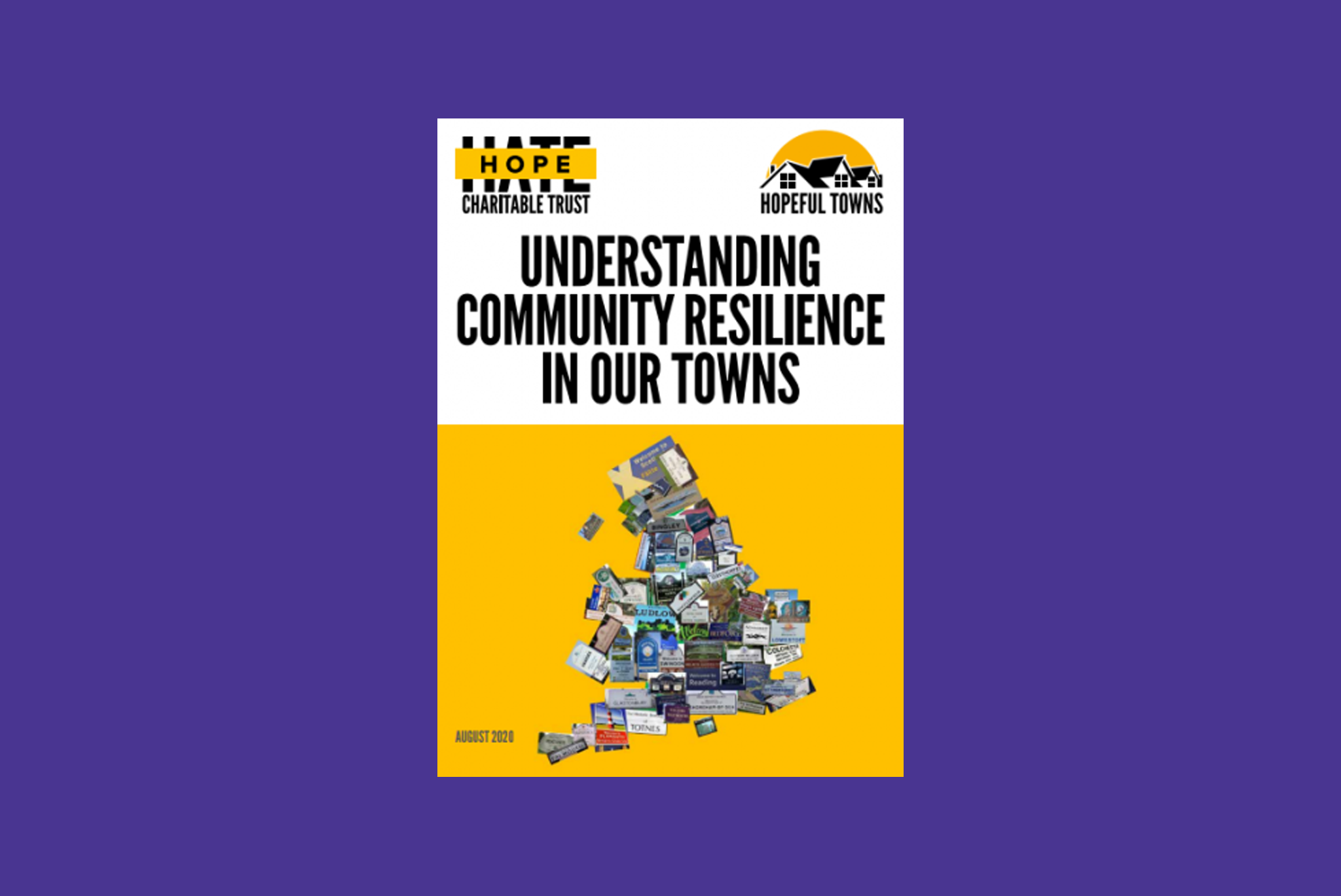
The Understanding Community Resilience in our Towns report has been published as part of HOPE not hate Charitable Trust’s Hopeful Towns project. The project aims to better understand what makes a place confident, optimistic and open, and to help towns across England and Wales to fulfil their potential. The Hopeful Towns project wants to address the root causes of hate, to stop divisive narratives from taking hold in the first place, and to promote policies that champion the value of towns.

Hands Across the Waters – Divided Societies in Britain, Ireland and the United States, focused on the role of psychological research and advocacy in addressing increasingly divided societies in Britain, Ireland, and the United States, drawing on findings from our Beyond Us and Them research project.
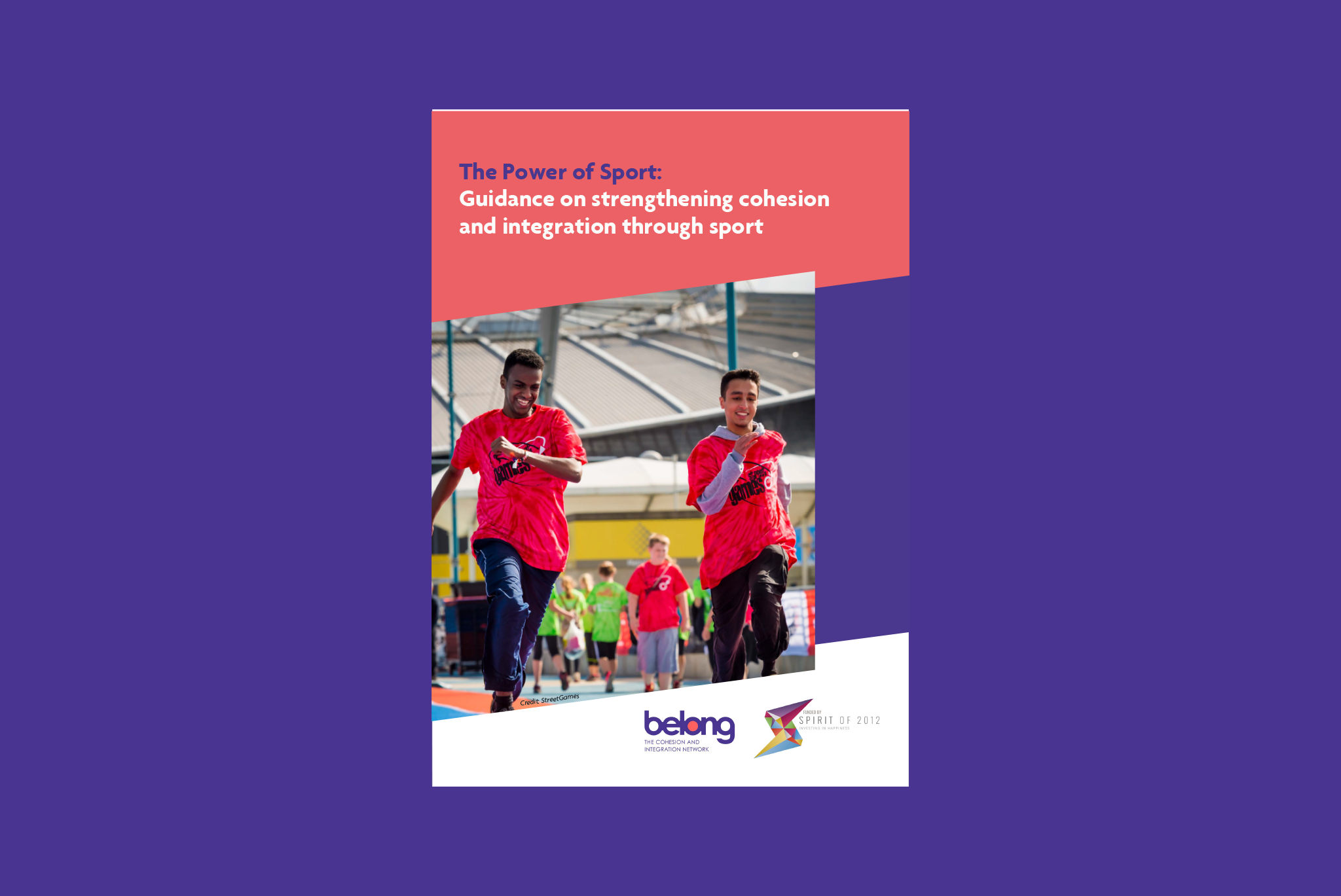
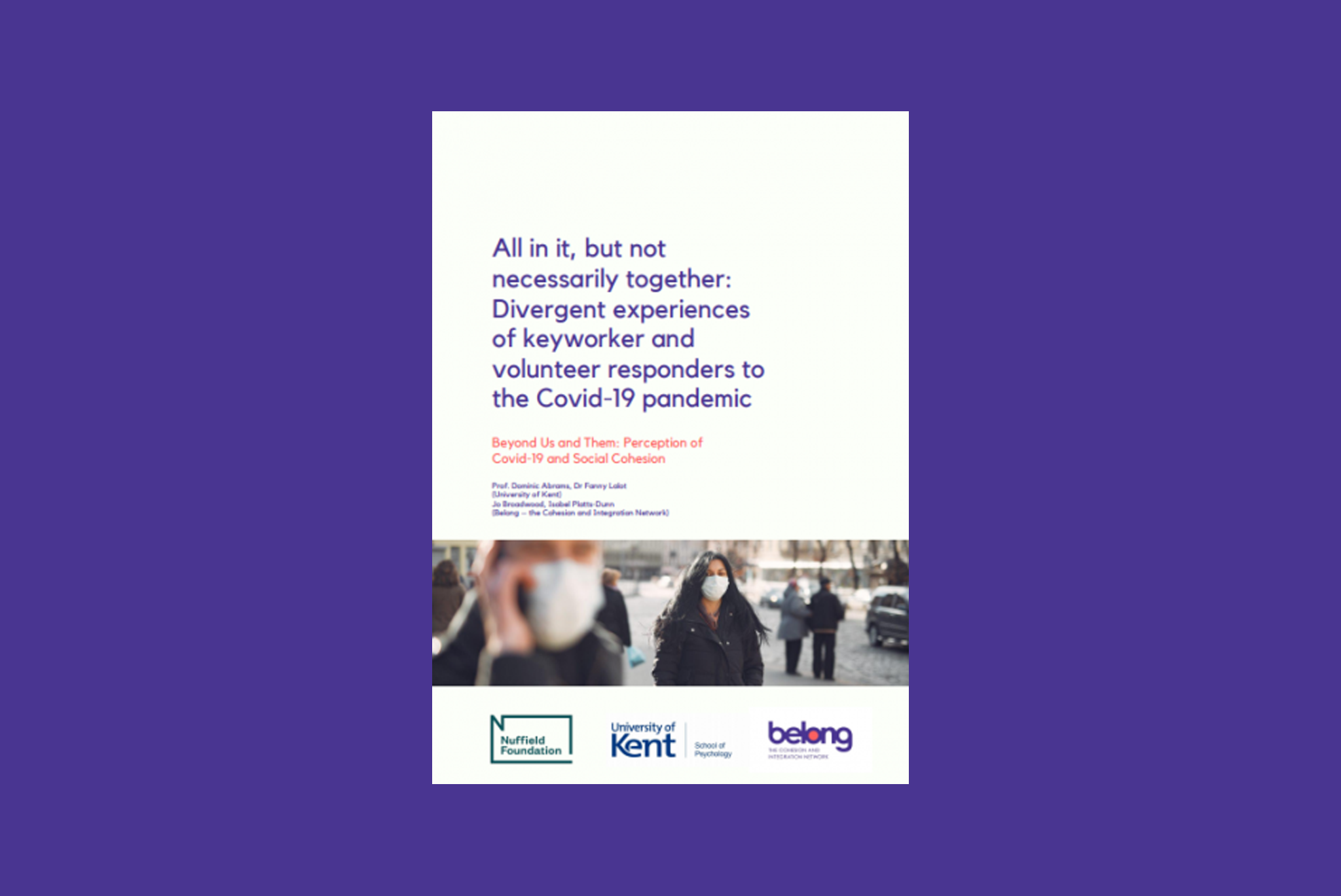
This report explores how social cohesion within and between different groups and parts of the UK is being affected by the Covid-19 crisis.
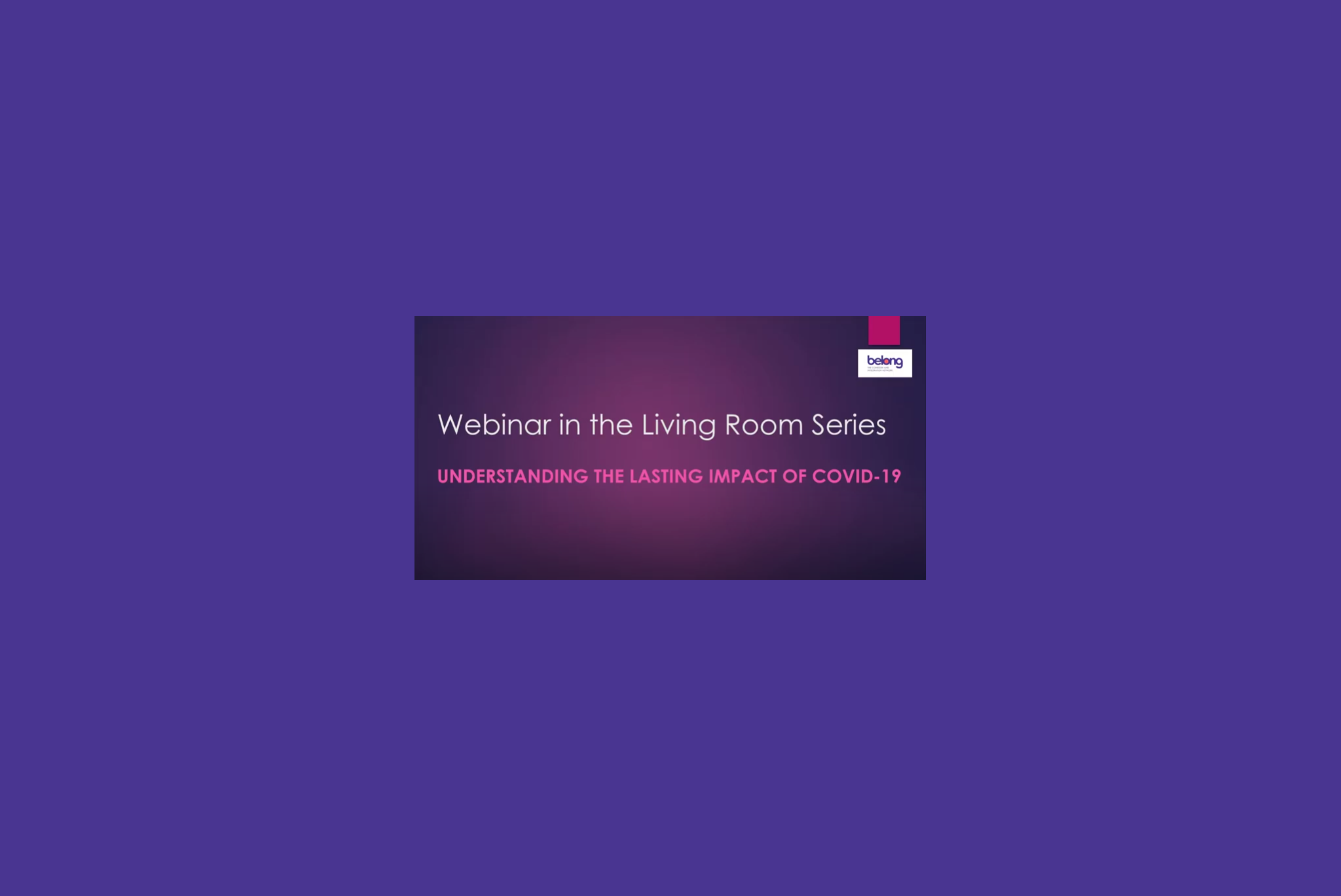
In July we hosted Living Room 4: Understanding the lasting impact of Covid-19, a series of one-hour online seminars that explored this topic from a range of different perspectives. Here, you can access are the recordings from sessions one, two and three.
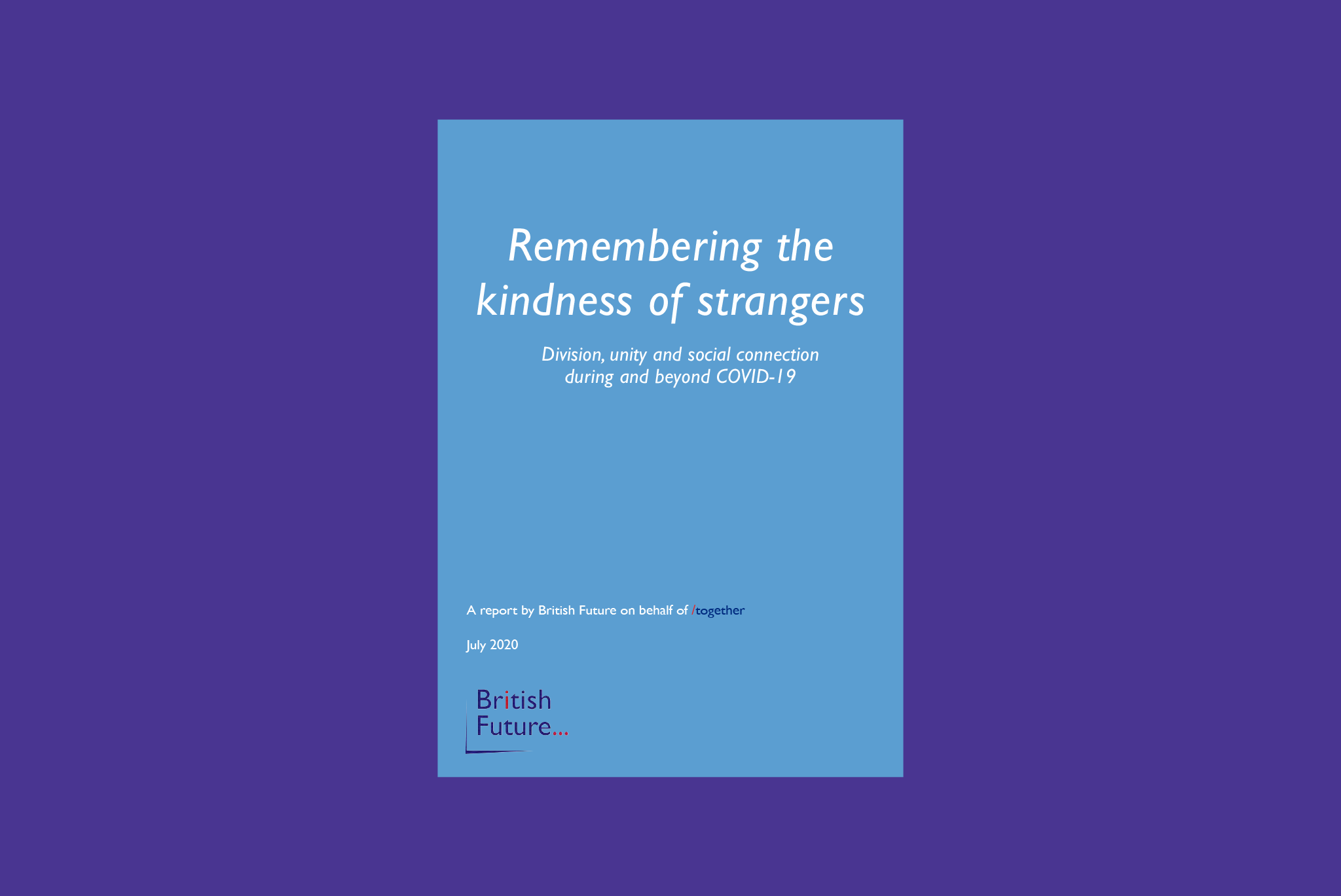
British Future has published the report Remembering the Kindness of Strangers: division, unity and social connection during and beyond COVID-19. The report draws from online focus groups and two surveys undertaken in March and May 2020. It shows that a sense of unity has started to fracture as we come out of lockdown, but there is also a strong public desire to keep hold of the kindness and community spirit that has been so visible during this crisis.
The ACH paper Economic Work Package – Everyday Integration Working Document has been prepared through a project funded by the UK Economic and Social Research Council on precarious work and its impact on integration of refugees and migrants who so often find themselves in temporary and insecure employment. This situation has been made worse by the Covid-19 crisis.
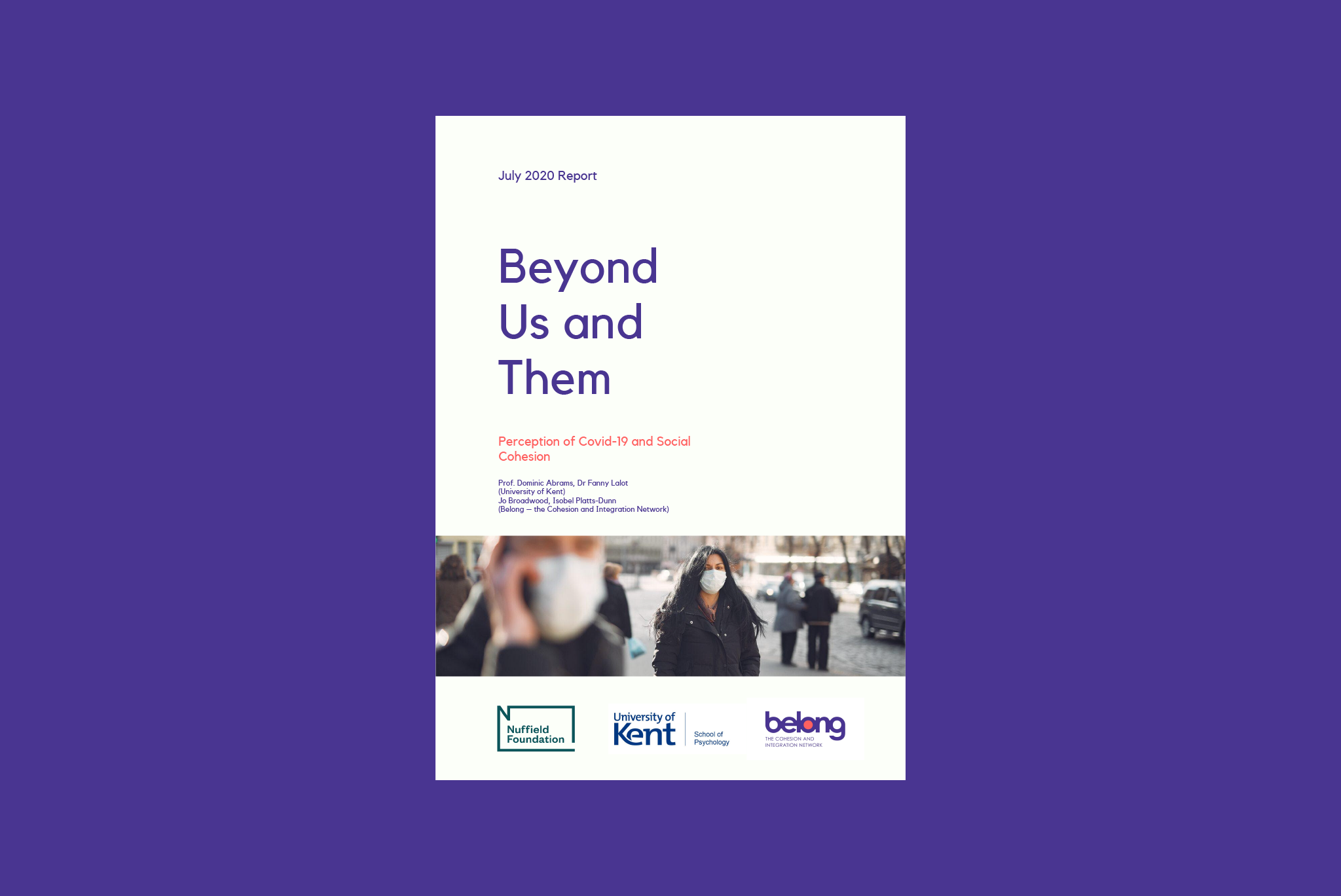
This July report presents first findings from our research project, “Beyond Us and Them” by the University of Kent with The Belong Network. The research is funded by the Nuffield Foundation. We are exploring how social cohesion within and between different groups and parts of the UK is being affected by the Covid-19 crisis.
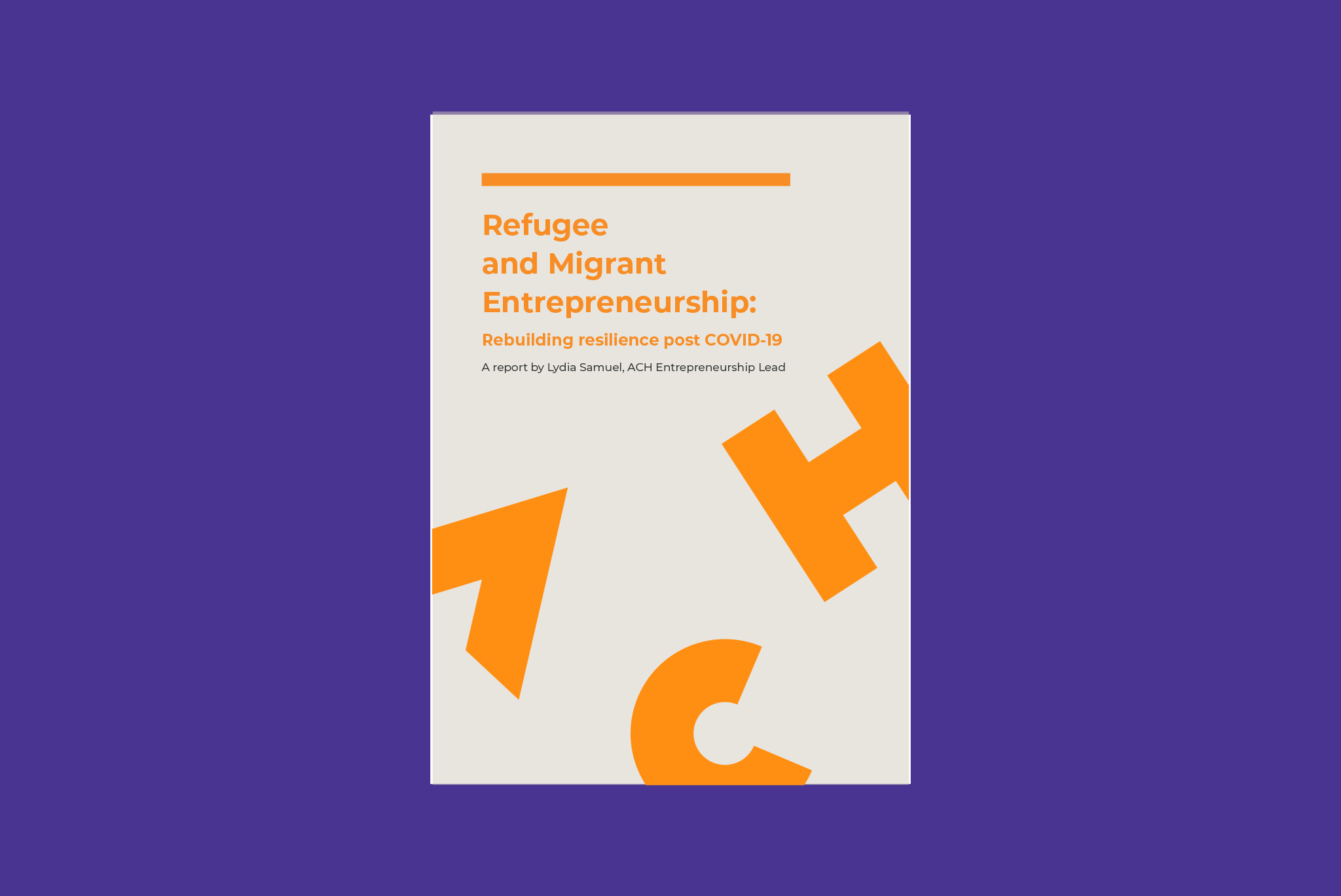
The latest report from the ACH's Entrepreneurship Lead, Lydia Samuel, details the key issues affecting refugee and migrant businesses during the Covid-19 crisis and beyond. The research shows that refugee and migrant led businesses are at risk. The report sets out recommendations for the business support community to widen their thinking and strategy to provide the support needed to support refugee and migrant entrepreneurship post Covid-19.
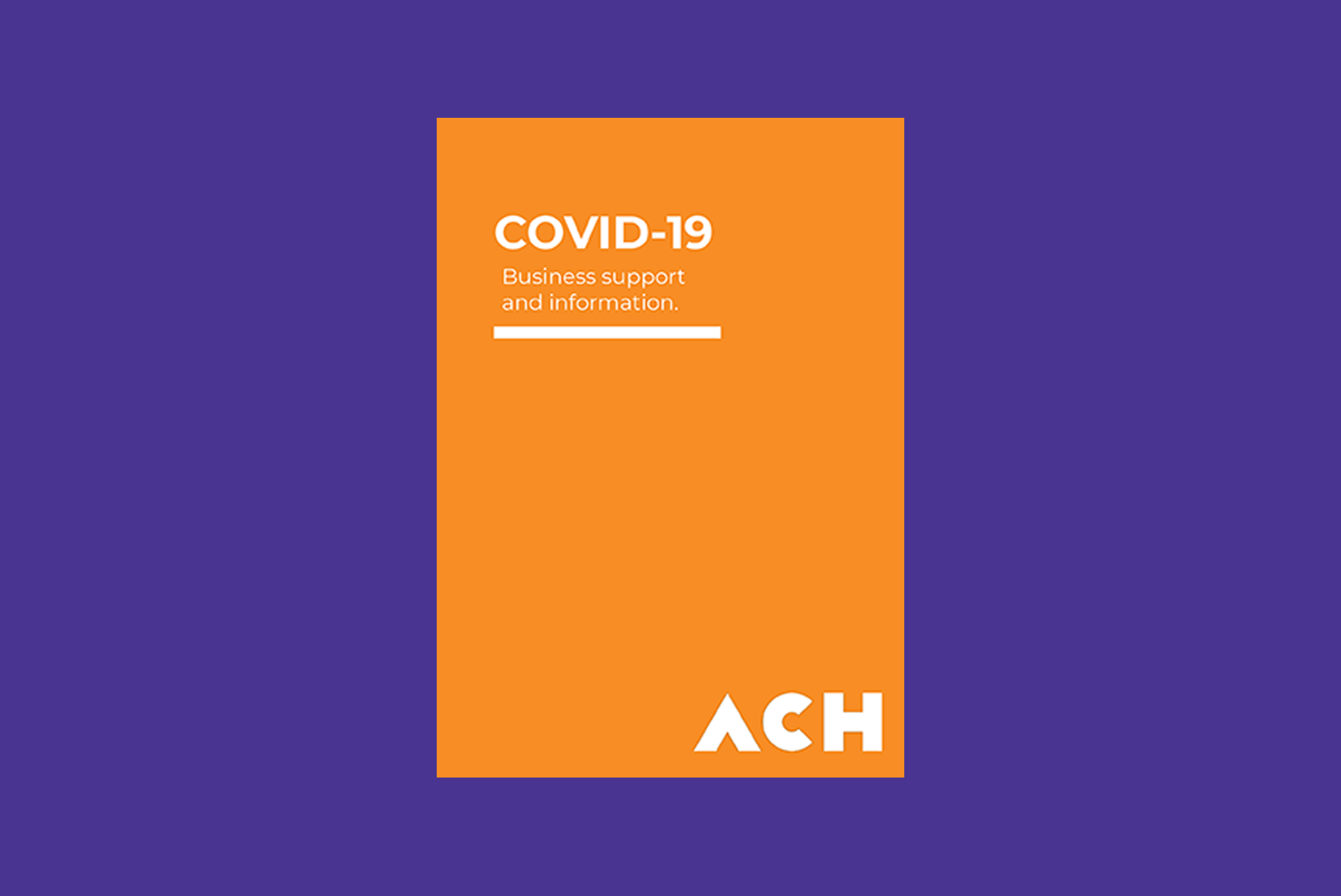
The ACH have developed a business support document that features a comprehensive list of support and funding available for businesses during Covid-19 and the lockdown in the UK. The ACH are dedicated to helping businesses to continue trading, adapt or access funding to survive the Covid-19 crisis. In order to ensure the business support document is accessible, it has been translated it into Somali as well as English.